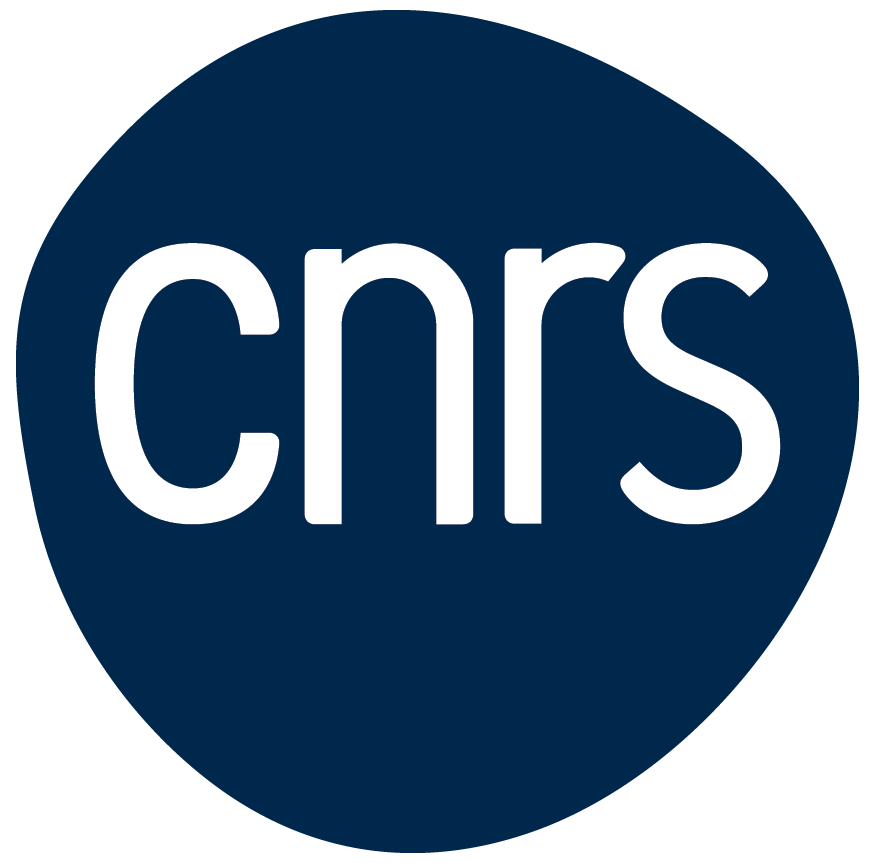A la rencontre de Wen Liu, invited professor at the University of Poitiers (IC2MP)
– Could you tell us a little about yourself?
My name is Paul Liu. I’m an assistant professor at the School of Chemistry, Chemical Engineer and Biotechnology at Nanyang Technological University, Singapore. I am trained as a chemical engineer specialising in reaction engineering. My areas of expertise include designing new reactor configurations, designing new catalyst formulations, interrogating reaction mechanisms, measuring reaction kinetics and performing techno-economic analysis and life cycle analysis to validate the competitiveness of the new reaction engineering ideas that I have come up with.
– Why are you at IC2MP?
I am visiting my project collaborators at IC2MP, namely Drs. Sabine Valange, Prince Amaniampong, François Jérôme. We were very fortunate to work on two collaborative projects between France and Singapore, both on the topic of sonochemistry. This visit allows me to have face-to-face scientific exchanges with the team at Poitiers. This is also my first time visiting the IC2MP labs to see the sonochemistry equipment. Prince and Sabine has already visited my lab in Singapore last year. Understanding the experimental setup here will really help us to plan our collaborative research projects better.
– What is your current main research topic/project?
My main area of research is CO2 capture and utilisation (CCU) technologies. Specifically, my research group designs novel CO2 capture materials, novel CO2 capture processes, high-performance CO2 hydrogenation catalysts and cost-effective CO2 mineralisation schemes. My research group is devoted to understanding and rationally developing oxide-based materials (including oxide-supported catalysts) for CO2 capture and conversion. Besides CCU, I also work on rather conventional catalytic processes: noble metal catalysed hydrogenation reactions and rather unconventional catalytic processes: catalytic sonochemistry.
– What are the essential qualities/characteristics of a scientist?
For chemical engineering (I think different disciplines desire different qualities), attention to details, resilience to failure, keeping an open mind, and listening to criticisms are perhaps among the most important qualities for maintaining one’s competitiveness in the field.
– Is there anything else you would like to tell us?
It has been my great pleasure to collaborate with the scientists at IC2MP, from whom I have learnt a lot about sonochemistry, sugar chemistry and green chemistry. The historic connection between NTU and IC2MP (through Prince) made this collaboration possible, while the complementary expertise between the two teams (also a shout out to Prof. James Kwan’s team in Oxford) made this collaboration fruitful, scientifically intriguing and very enjoyable. We are actively seeking further funding opportunities to keep this exciting collaboration going.
– What do you prefer in France?
Research-wise, I really like the CNRS ecosystem and how CNRS jointly conduct research with local universities; this enables overseas researchers such as myself to have collaborative projects with almost any researcher in France. Outside work, there are too many things I like in France: the food, the architecture, the wine, the many great French mathematicians who made invaluable contributions to the field of mathematics, physics and engineering, and the TGV – I’ve always wanted to ride a TGV train since I was a child.

